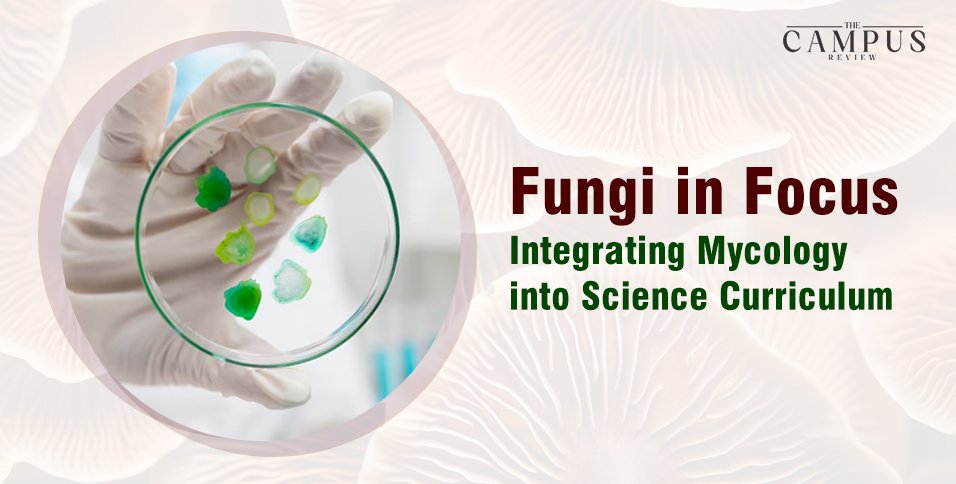In the realm of biology, fungi are often overshadowed by more charismatic organisms like plants and animals. However, these fascinating life forms play crucial roles in ecosystems, medicine, and food production. Integrating mycology—the study of fungi—into the science curriculum offers students a unique opportunity to explore biodiversity, ecological interconnections, and the importance of fungi in our daily lives.
The Importance of Fungi
Fungi are ubiquitous in nature, serving as decomposers that break down organic matter and recycle nutrients back into the soil. They form essential symbiotic relationships with plants through mycorrhizae, enhancing nutrient uptake and promoting plant health. Moreover, fungi are vital for human society, contributing to food production through bread, beer, and cheese, and offering life-saving medications like antibiotics. Despite their significance, fungi often receive little attention in standard science education, leaving students unaware of their vital roles.
Benefits of Integrating Mycology in Education
- Encouraging Curiosity and Exploration: Studying fungi encourages students to observe their surroundings and recognize the diverse organisms that inhabit various ecosystems. Activities like foraging for mushrooms or examining mold growth can spark curiosity and foster a love for science.
- Hands-On Learning: Fungi provide excellent opportunities for hands-on experiments. Students can culture different fungi on agar plates, observe growth patterns, and learn about the conditions that promote fungal development. Such activities help reinforce scientific concepts while developing practical lab skills.
- Interdisciplinary Connections: Mycology intersects with various scientific disciplines, including ecology, chemistry, and environmental science. By integrating mycology into the curriculum, educators can create a holistic learning experience that demonstrates the interconnectedness of different scientific fields.
- Promoting Sustainability: Understanding fungi’s role in ecosystems can lead to discussions about sustainability and environmental stewardship. Students can explore how fungi contribute to soil health and decomposition, and investigate ways to utilize fungi in bioremediation and waste management.
Innovative Teaching Strategies
To effectively integrate mycology into the science curriculum, educators can employ several strategies:
- Field Trips and Outdoor Learning: Organizing trips to local forests, parks, or botanical gardens allows students to observe fungi in their natural habitats. Guided foraging trips can teach students about edible and inedible mushrooms, emphasizing safety and ecological responsibility.
- Guest Speakers and Workshops: Inviting mycologists or local foragers to share their expertise can inspire students and provide valuable insights into the world of fungi. Workshops that focus on mushroom cultivation or fungal identification can offer hands-on experience and enhance learning.
- Project-Based Learning: Encourage students to undertake projects related to mycology, such as researching specific fungi, creating a fungal life cycle poster, or developing a presentation on the role of fungi in food production. Such projects promote creativity and critical thinking.
Conclusion
Incorporating mycology into the science curriculum not only broadens students’ understanding of biodiversity and ecosystems but also enhances their appreciation for the intricate web of life. By shining a light on fungi, educators can cultivate curiosity, promote interdisciplinary learning, and inspire future generations to appreciate the vital roles these organisms play in our world. As we continue to explore the complexities of life on Earth, fungi deserve their moment in the spotlight.






